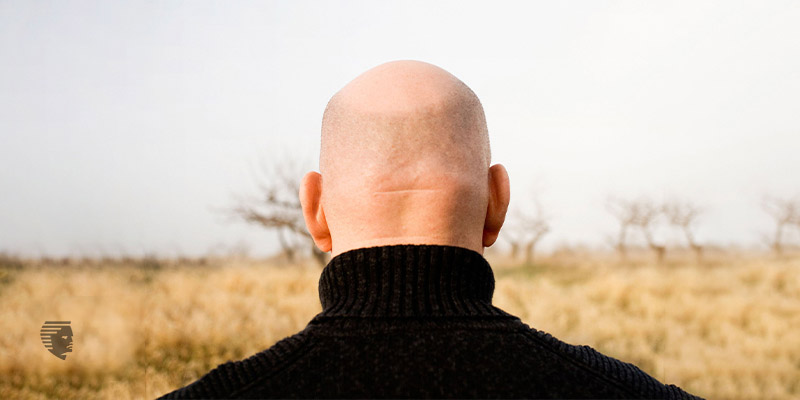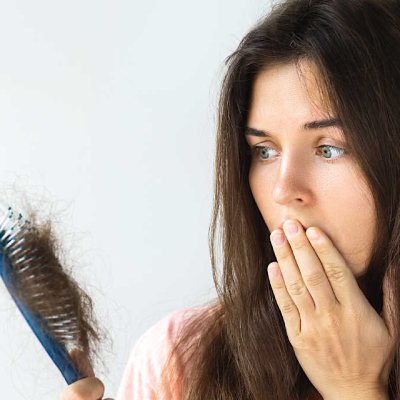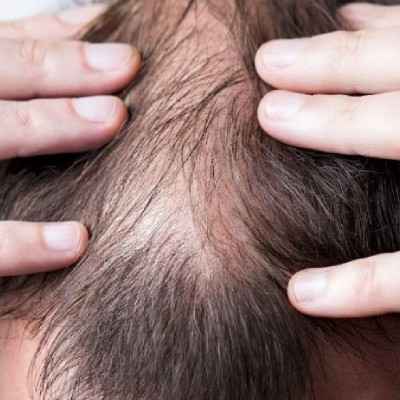Does Pollution Cause Hair Loss?

13 April 2020

Hair Experts @ AHS

Air pollution, in isolation or in conjunction with other forms of pollution, can lead to a plethora of medical problems, especially in a city like Delhi.
Air pollution, in isolation or in conjunction with other forms of pollution, can lead to a plethora of medical problems, especially in a city like Delhi. Cancer, heart problems, and lung diseases have often been linked to high levels of air pollutants.
Hair, being one of the most exposed parts of the body, is also susceptible to air pollutants, such as dirt, dust, combustion particles, pollen, mould, soot, etc. Excessive use of hair care products also does not help.
Serums, oils and conditioners make your hair sticky and attract more pollutants. Before going in for any hair treatment in Delhi, it is important that you realise the potential harm that pollution can cause to your hair to find an effective hair loss solution.
The following are answers to some of the most-searched questions regarding hair loss due to pollution:
Can Pollution Lead to Hair Loss?
Prolonged exposure to air pollutants can lead to a variety of hair-related issues like scalp irritation, dry hair, hair breakage and even hair loss. Hair loss due to factors that are related to pollution can mimic or coexist with androgenic alopecia.
An average strand of human hair is 50-70 microns thick, whereas PM 2.5 and PM 10 pollutants are 2.5 microns and 10 microns thick, respectively. These small particles can enter into the skin of the scalp and interfere with the normal hair growth cycle.
Many studies support this idea that the entry of air pollutants into the dermis (where the hair follicles lie), through the epidermis (outermost layer of the scalp) can lead to oxidative stress and gradual hair loss.
Furthermore, despite popular belief, air pollution isn’t only present outdoors. Pollution from kitchen fire, smoking, chemicals and dust can hamper the normal functioning of the hair follicles and can also lead to hair damage.
To further substantiate the role of air pollution in hair loss, Hyuk Chul Kwon from the Future Science Research Centre, South Korea, conducted a research that studied the effects of prolonged exposure of particulate matter on hair.
In his research, he found that common air pollutants do adversely affect the human follicle dermal papilla cells. This in-turn proved that air pollution can lead to hair loss.
How Can We Protect Our Hair from Pollution?
Pollution may not lead to overnight hair fall, but build-up of air pollutants can lead to gradual and eventual loss of hair. To avoid hair loss due to pollution, following are some easy tips and tricks people can incorporate in their daily lives:
Keep Your Head Covered
Wearing a headgear doesn’t really need an invitation, but avoiding hair fall will make it a much more compelling option for your next outing! Hats, as bizarre they have become nowadays, were originally conceptualised to protect the hair. Additionally, hats are also helpful in providing shade from the sun’s harmful UV rays.

Stay Hydrated
Keeping a tab on your hydration and drinking the daily required amount of liquids will certainly help you in avoiding hair loss from pollution. Drinking at least 6-8 glasses of water per day is good for your hair, your skin and pretty much every aspect of your health. Pollution and dust particles dry out your hair and scalp, but thankfully there are plenty of moisturising agents to counter their impact. Look for hydrating masks that moisturise and strengthen hair’s natural hydro-lipid layer, which coats the hair to help keep it hydrated.

Deep Conditioning
Following a deep conditioning routine on a regular basis will curb almost all of your hair problems. Deep conditioners are used to repair damaged hair, penetrating deep into the hair, hydrating and repairing it. Application of hair colour coupled with the heat of Delhi summers adds to the hair woes. A deep conditioner is a good way to help keep the hair healthy.

Pay Heed to Your Styling Practices
Hair that has been exposed to excessive amounts of air pollution becomes damaged, feeling brittle and making breakage and split ends more likely. Keep this in mind when using heat from a straightener, curling iron or hair-dryer. Minimise the amount of heat you use and always use a heat-protecting product. Be careful when brushing and styling as damaged hair is more susceptible to fall out.

How to Treat Hair Loss From Pollution?
Due to the increasing level of air pollution in the Indian capital, many people are looking for viable hair treatments in Delhi. However, regardless of the cause, extensive hair loss cannot be solved naturally.
Once hair loses its supply of nutrients, it starts to shrivel and eventually falls off. In such scenarios, opting for a hair loss treatment is the only route people can choose to get their hair back.
Hair loss treatments are segregated into two main heads:
-
Surgical hair loss treatments: These are also referred to as invasive treatments. Hair transplantation is the most popular surgical method of treating hair loss. It generally involves extraction of hair follicles from one part of the head (usually back of the head or temples) to the balding areas.
-
Non-surgical hair loss treatments: These include all the non-invasive means of hair growth, like hair wigs, hair patching, hair weaving, medications, etc. Non-surgical hair loss treatments do not come with any surgical risks, but hair re-growth medications can cause side-effects.

If you are on the lookout for the best hair fall treatment in Delhi, then you may want to check our Advanced Hair Studio and its wide array of hair loss solutions, which, for the last 45 years, have provided effective hair solutions to thousands of people.
Stay Updated
Subscribe to our email newsletter for helpful tips and valuable resourses
Be an influencer
Join forces with Advanced Hair Studio! Explore exciting collaboration opportunities tailored for influencers. Let's redefine haircare together.
Connect now












